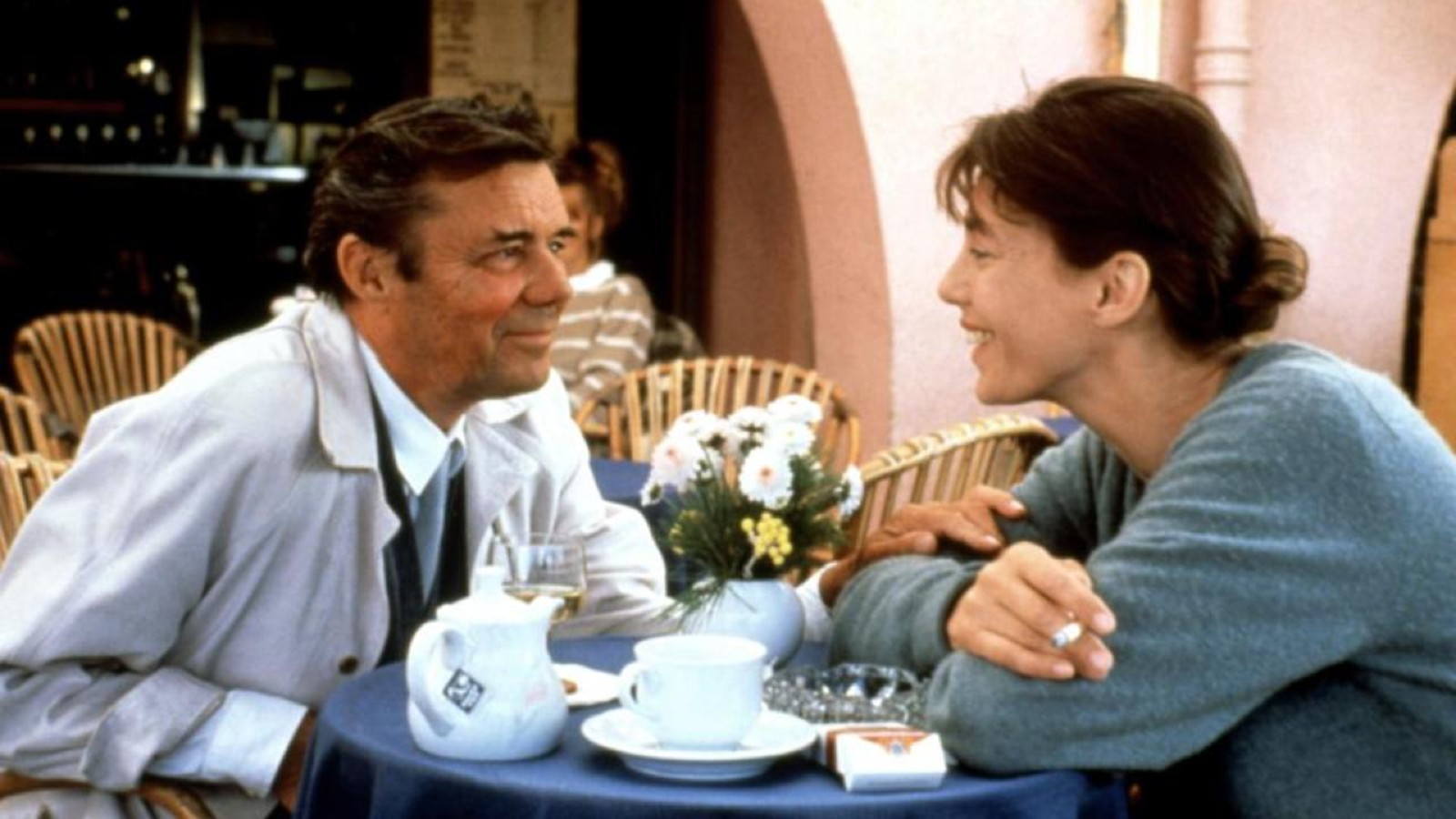KallioWeHardlyKnewYe
Hey! We won!
- May 30, 2003
- 15,510
- 4,012
Ponyo
Miyazaki (2008)
“She loves ham and she can do magic.”
Big movie confession time: Before this assignment, I have never seen a Miyazaki or Studio Ghibli movie. I know the reputation and how beloved they are. When I was younger, it just didn’t intrigue me. As I got older, I was open to it, but it just wasn’t something I ever decided to prioritize. Became something of a comedy bit between myself and a few of my friends who love the movies. Me just being obstinate and saying I’ll never watch one. But it was just a bit.
Thanks @Jevo for making me break my vow. Going to need a new bit.
I think I overuse the word delightful (and charming). But what a damn delightful and charming movie. A magical fish(?) flees its creator and winds up with Souske, a young boy whose family sits on a cliff overlooking the sea. But a small taste of his blood sparks a conversion in her and the want to become a person. Ponyo, as he names her, loves Souske. Ponyo loves ham. But there are consequences as her wants throws the sea into turmoil and threatens Souske’s town.
It's a fairy tale. Clear echoes of The Little Mermaid but I don’t know enough to know if it’s an original story or something from Japanese culture. It certainly has the aura of a classic fairy tale. I just liked how damn likable it is. The threats aren’t that threatening. Souske and Ponyo never seem to register any real danger. I like that though her magical scientist dad sorta gives off bad vibes, he’s not really bad. He’s just an adult who understand the potential chaos. It’s simple in all the best ways.
Most of all, of course, there’s the animation itself. The opening sequence of Ponyo’s escape is a wonderful wave of colors. The water itself is art with its undulations. It’s not surreal, but it’s an effective effect. The character faces seem in a perpetual wonder mode. I was also struck by a few scenes I just wouldn’t expect to see given the work and deliberate nature of animation, like Souske watching his mom’s car drive off in to the distant woods, headlights appearing then disappearing, then appearing again. Not needed but I’m glad it’s there.
I’ve been given two suggested routes for Miyazki – some have told me Ponyo (or My Neighbor Totoro) are the idea place to start, being his most straightforward and kid friendly. I’ve had others tell me to start with one of the more grown up features like Spirited Away. I suppose this doesn’t matter now because I’ve made my choice. I certainly don’t feel discouraged.
Miyazaki (2008)
“She loves ham and she can do magic.”
Big movie confession time: Before this assignment, I have never seen a Miyazaki or Studio Ghibli movie. I know the reputation and how beloved they are. When I was younger, it just didn’t intrigue me. As I got older, I was open to it, but it just wasn’t something I ever decided to prioritize. Became something of a comedy bit between myself and a few of my friends who love the movies. Me just being obstinate and saying I’ll never watch one. But it was just a bit.
Thanks @Jevo for making me break my vow. Going to need a new bit.
I think I overuse the word delightful (and charming). But what a damn delightful and charming movie. A magical fish(?) flees its creator and winds up with Souske, a young boy whose family sits on a cliff overlooking the sea. But a small taste of his blood sparks a conversion in her and the want to become a person. Ponyo, as he names her, loves Souske. Ponyo loves ham. But there are consequences as her wants throws the sea into turmoil and threatens Souske’s town.
It's a fairy tale. Clear echoes of The Little Mermaid but I don’t know enough to know if it’s an original story or something from Japanese culture. It certainly has the aura of a classic fairy tale. I just liked how damn likable it is. The threats aren’t that threatening. Souske and Ponyo never seem to register any real danger. I like that though her magical scientist dad sorta gives off bad vibes, he’s not really bad. He’s just an adult who understand the potential chaos. It’s simple in all the best ways.
Most of all, of course, there’s the animation itself. The opening sequence of Ponyo’s escape is a wonderful wave of colors. The water itself is art with its undulations. It’s not surreal, but it’s an effective effect. The character faces seem in a perpetual wonder mode. I was also struck by a few scenes I just wouldn’t expect to see given the work and deliberate nature of animation, like Souske watching his mom’s car drive off in to the distant woods, headlights appearing then disappearing, then appearing again. Not needed but I’m glad it’s there.
I’ve been given two suggested routes for Miyazki – some have told me Ponyo (or My Neighbor Totoro) are the idea place to start, being his most straightforward and kid friendly. I’ve had others tell me to start with one of the more grown up features like Spirited Away. I suppose this doesn’t matter now because I’ve made my choice. I certainly don’t feel discouraged.





